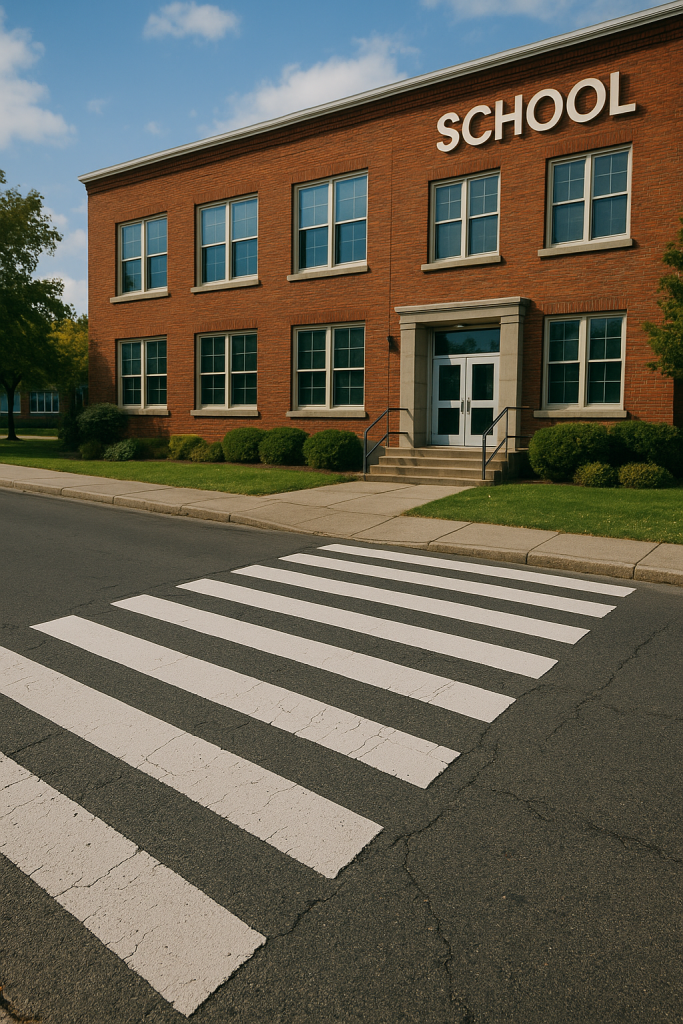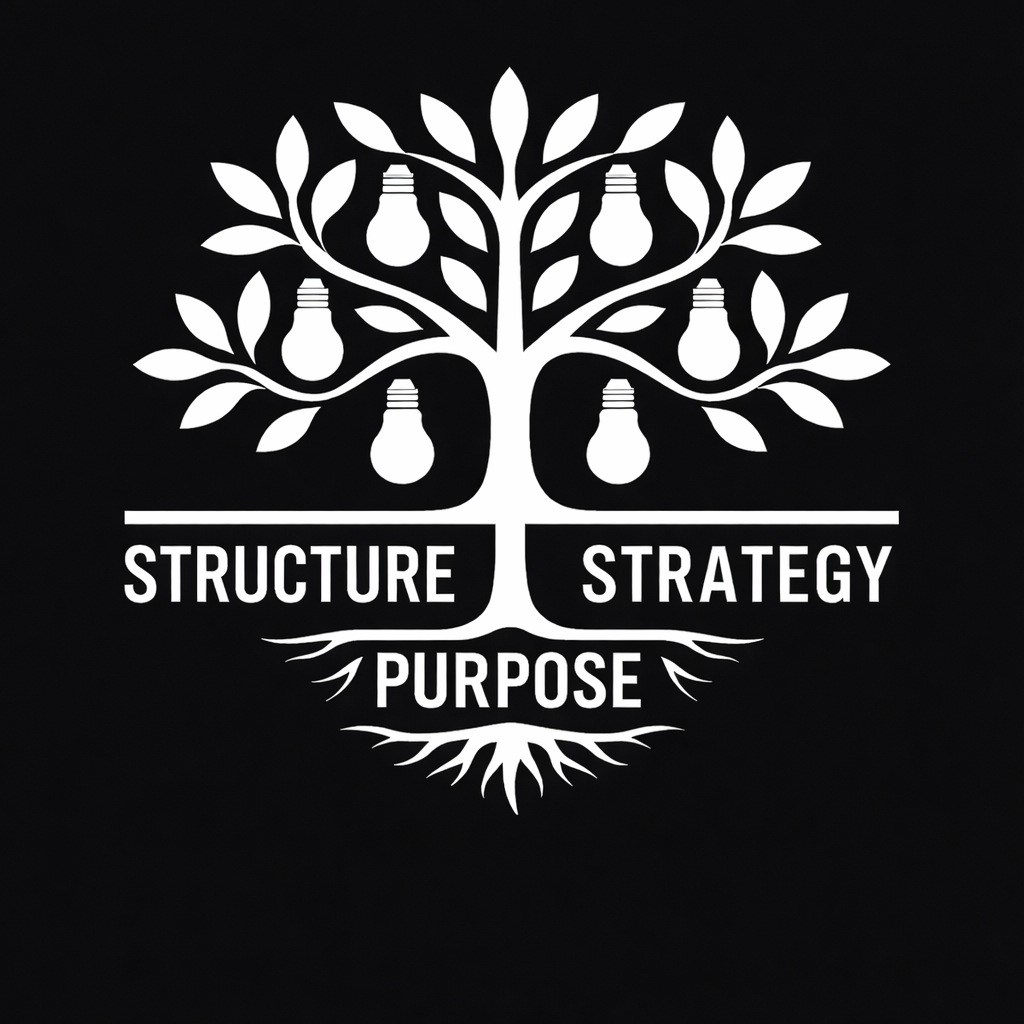
A Growing Crisis of Accountability
There is a quietly disturbing trend unfolding across society. At the core of it lies a glaring issue: the erosion of accountability.
There have been countless instances of drivers blatantly disregarding road rules, making illegal turns, driving on the wrong side of the road, performing U-turns on highways, and occupying spaces reserved for the disabled. People have been seen throwing garbage out of their car windows, using mobile phones while driving, and jaywalking just steps away from designated pedestrian crossings. These behaviors display a blatant disregard for safety, logic, and mutual respect.
These are not isolated incidents. They are signs of a deeper societal issue. More and more individuals no longer believe that rules matter, and perhaps more concerning, they do not believe there will be consequences for ignoring them.
Laws as Safeguards, Not Suggestions
Even with the presence of traffic cameras and patrolling law enforcement officers, many remain undeterred. It is as if the laws exist merely as suggestions, easily dismissed when they conflict with personal convenience or individual gain.
In truth, the laws of a developing nation are not empty formalities. They are designed to safeguard citizens and protect vital national resources. Seemingly small violations can trigger severe consequences. A careless U-turn might result in a multiple-vehicle accident. A distracted driver on a phone could cost someone their life. A discarded piece of trash could block a drain and cause widespread flooding during the next heavy rainfall.
Each of these acts may appear minor in isolation. However, when tragedy occurs and when lives are lost or communities are damaged, apologies will not be enough.
The Case for Real Consequences
To reverse this decline, governments must stop treating these violations as inconsequential. People must be held accountable. Enforcement, education, and penalties must work together to create a society where following rules is not optional but essential.
A developing country does not move forward by tolerating deviance. It progresses by upholding high standards, applying laws consistently, and ensuring every citizen understands their role in maintaining the shared space we all occupy.
The Link to Education
One may wonder how all of this relates to education and the children that we are trying to train as citizens of tomorrow.
The answer is simple. It is deeply connected.
When children witness their parents, relatives, or neighbors repeatedly breaking rules without facing consequences, they internalize a dangerous message. They learn that rules are flexible, that structure is unnecessary, and that selfishness often goes unpunished. These are not just observations. They become lessons that shape character and behavior.
The Ripple Effect on Values
Children absorb what they see. When their communities model recklessness, shortcuts, and indifference to law, schools are left to battle against deeply embedded attitudes. Education becomes a fragile frontline, attempting to instill values that are constantly undermined by the environment outside the classroom.
A Call to Action
This is not just a commentary. It is a call to action. If those in leadership fail to reinforce the standards that previous generations worked hard to uphold, then the risk is not merely inconvenience. It is the disintegration of the moral and civic foundation of the society.
